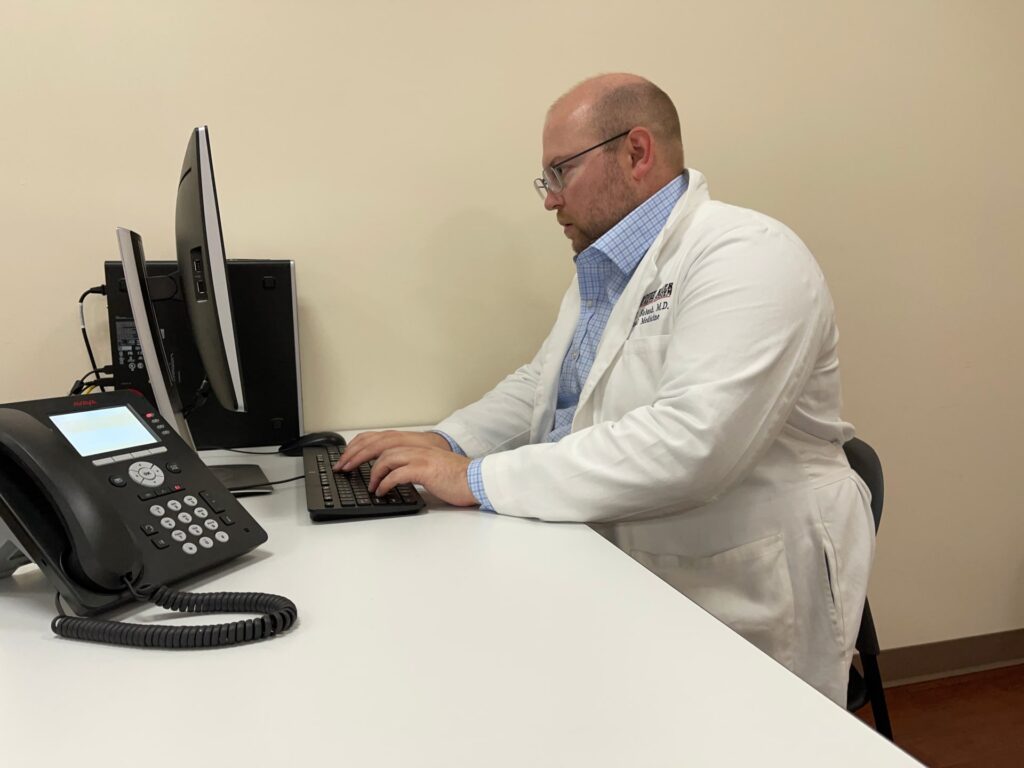Innovation in medicine is transforming the healthcare landscape, and at the forefront of this movement is Dr. Philip Sobash, a visionary in the field. With a firm belief in the power of innovation to control diseases and improve patient outcomes, Dr. Philip Sobash has made significant contributions to the advancement of healthcare. His vision aligns with recent reports from the FDA, highlighting the importance of innovation in the medical field. Let’s delve into Dr. Sobash’s perspective and explore how his ideas are shaping the future of healthcare.
One of the remarkable outcomes of innovation in medicine is the development of new medical treatments and cures. Driven by groundbreaking research and technological advancements, innovative approaches like gene therapy have revolutionized the treatment of various medical conditions. From malaria to leukemia and multiple sclerosis, gene therapy has opened new frontiers in tackling previously untreatable illnesses. Similarly, specialties such as hematology, oncology, cardiology, and neurology have witnessed significant progress in their respective domains, leading to improved diagnoses and treatments for patients.
Dr. Sobash envisions a future where innovation continues to drive advancements in medicine across four key areas. Firstly, he emphasizes the importance of revolutionary treatments and technologies for patients with chronic diseases. Through innovative approaches, such as targeted therapies and personalized medicine, patients can benefit from more effective and efficient treatments. Secondly, Dr. Sobash emphasizes the need for improved diagnosis and treatment options for serious afflictions. By leveraging cutting-edge technologies, healthcare providers can enhance their understanding of diseases, enabling early detection and more precise interventions.
Furthermore, Dr. Sobash places great emphasis on improving patient care processes and systems. Innovations in this area can lead to streamlined workflows, enhanced communication between healthcare providers, and ultimately, better patient experiences. By incorporating technological advancements like electronic health records and telemedicine, healthcare delivery can become more efficient and patient-centered. Lastly, Dr. Sobash highlights the significance of finding smarter ways to manage health risks. This includes leveraging data analytics, artificial intelligence, and predictive modeling to identify and mitigate potential health threats.
However, there are several challenges that need to be overcome for Dr. Sobash’s vision to materialize. One of the primary challenges is developing affordable, effective, and efficient treatments for chronic diseases. While advancements have been made, accessibility and affordability remain barriers to widespread adoption. Additionally, finding new and improved methods for diagnosing and treating serious afflictions requires ongoing research and collaboration between medical professionals and researchers. Moreover, enhancing patient care processes and systems requires investments in healthcare infrastructure and technology integration.
In conclusion, the future of innovation in medicine lies in the collective efforts of scientists, physicians, and healthcare stakeholders. Dr. Philip Sobash visionary outlook aligns with the increasing recognition of the pivotal role that innovation plays in healthcare. By embracing innovative medical treatments, improving diagnostic capabilities, enhancing patient care processes, and managing health risks more effectively, we have the potential to bring about significant positive changes in patient outcomes and overall well-being. It is imperative that we continue to support and invest in innovative initiatives to transform the healthcare landscape for the better.



